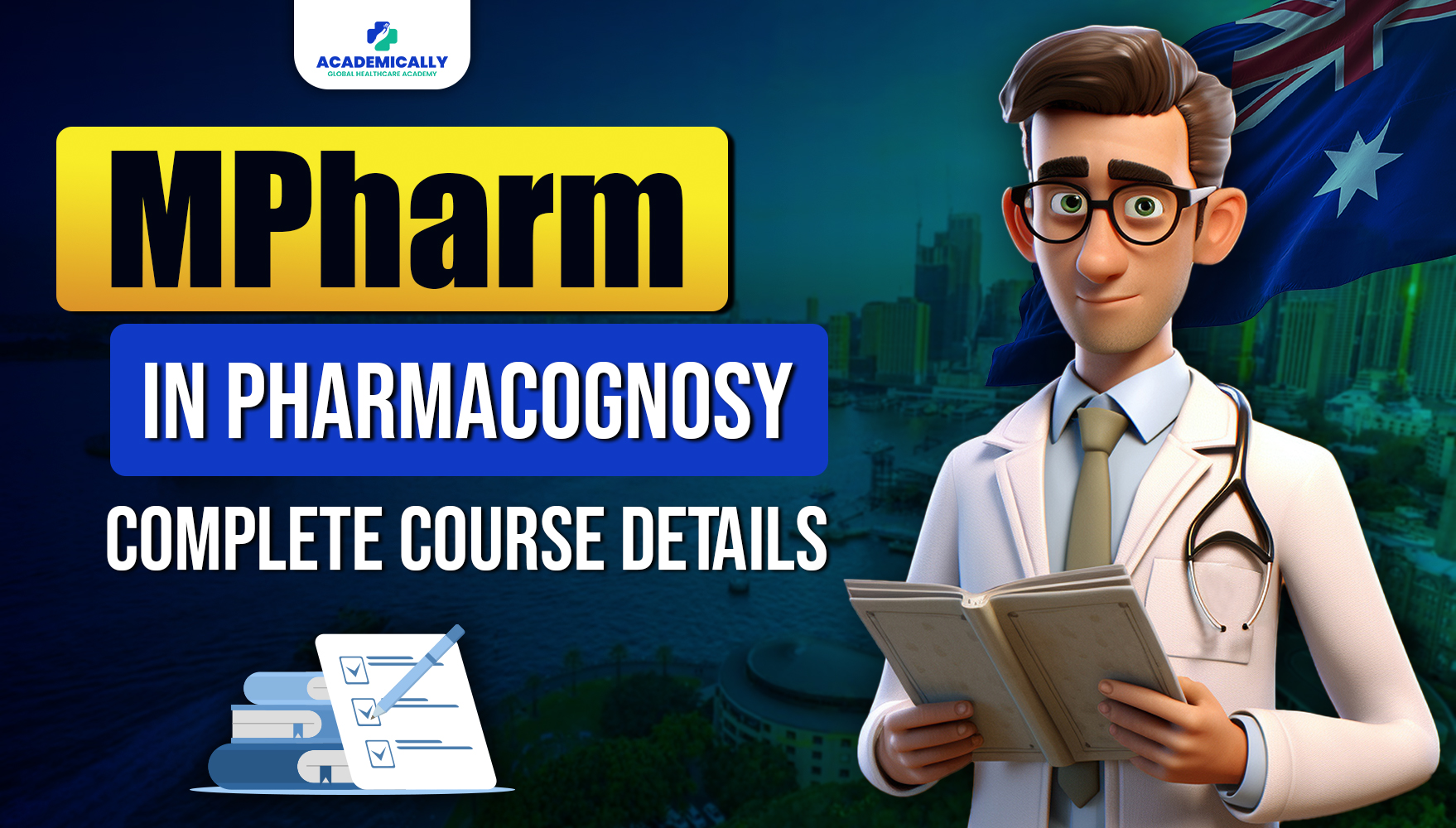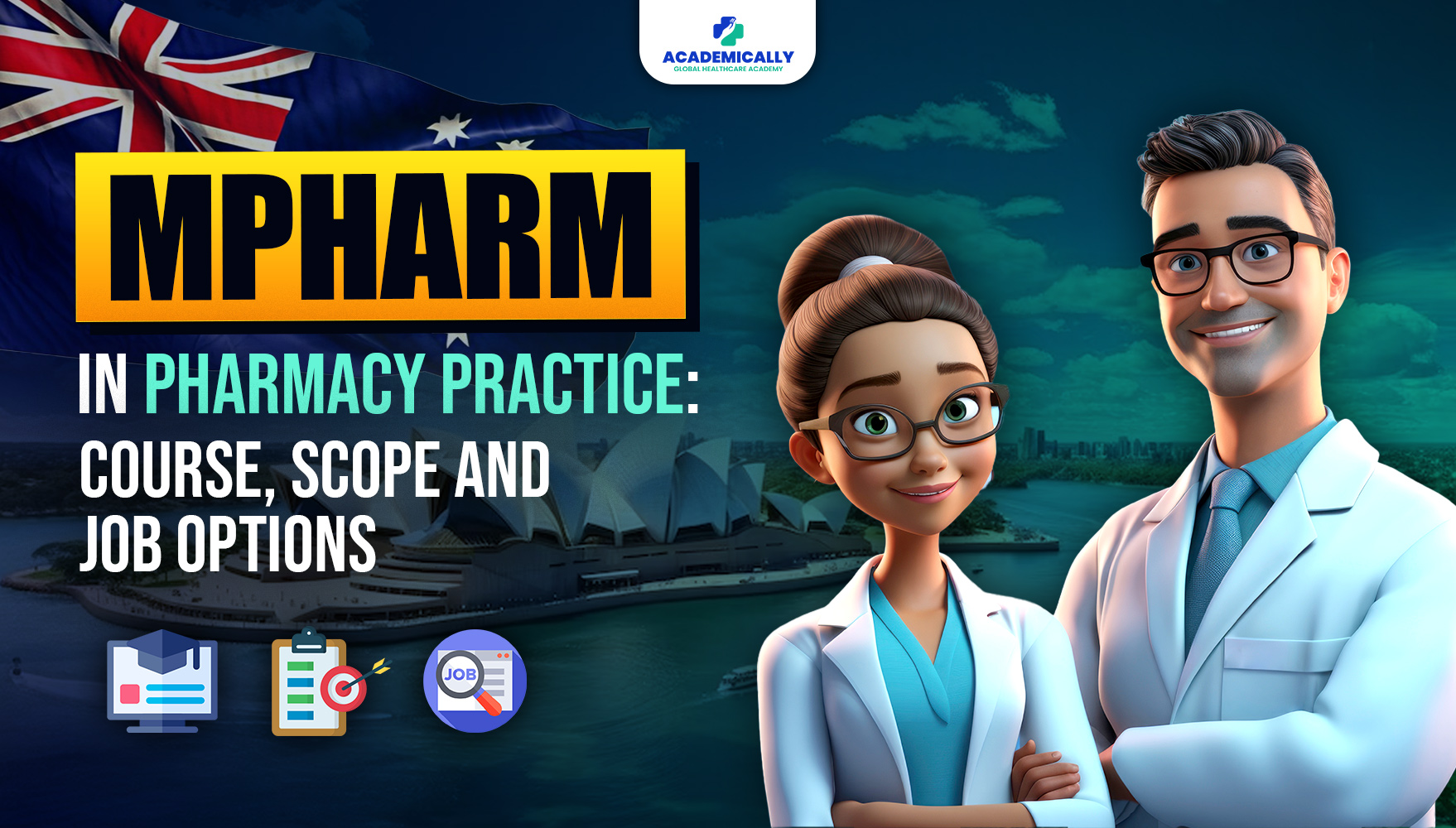M.Pharm in Pharmacognosy: About the Course
M.Pharm in pharmacognosy is designed to teach students everything about drugs sourced from natural materials. The course teaches how to handle naturally derived bioactives through :
- Identification
- Isolation
- Purification
- Characterization
- Usage
Apart from this, the course also deals with the chemical and therapeutic aspects of the compound. This is covered under:
- Phytochemistry
- Ethnopharmacology
- Pharmacological screening
Students are trained in both theoretical and practical aspects of the subjects. This includes laboratory training, fieldwork, and research projects.
The lab work is designed to teach students how to characterize and handle bioactive compounds through techniques like:
Chromatography
Spectroscopy
Bioassays
Another important aspect of the course is the study of traditional medicine. Pharmacognosy is the oldest subject of pharmacy. The first medicine came from natural sources. Most traditional medicine systems worldwide use only medicines derived from natural sources. It is therefore essential to study these systems, such as
- Ayurveda
- Sidda
- Unani
- Traditional Chinese medicine
- Homeopathy
Top Colleges for Masters in Pharmacognosy
Many institutions worldwide offer Master’s and M.Pharm programs in Pharmacognosy and phytochemistry. Students receive a world-class education and access to research opportunities. A few of the top colleges in this field are listed below:
Colleges in India
| S.No | Institution | City |
| 1 | National Institute of Pharmaceutical Education and Research | Mohali |
| 2 | Jamia Hamdard University | New Delhi |
| 3 | Manipal College of Pharmaceutical Sciences | Manipal |
| 4 | Birla Institute of Technology and Science | Pilani |
| 5 | JSS College of Pharmacy | Mysore |
Colleges Abroad
| S.No | Institution | Country |
| 1 | University of Mississippi | U.S.A |
| 2 | University of London, School Of Pharmacy | U.K |
| 3 | Tbilisi State Medical University, Institute of Pharmacochemistry | Georgia |
| 4 | University of Turin | Italy |
| 5 | University of Montreal | Canada |
These institutes have great amenities and infrastructure. They provide students with exposure to industry and research organizations. Understanding the working of the industry prepares them for their future careers. This ensures both academic and professional growth of the students.
Getting into colleges outside India can be a confusing task. Although rewarding, the process requires proper guidance.
You can consult our experts, who can guide you through the process. Visit our website for information.
M.Pharm Pharmacognosy Syllabus
The pharmacognosy syllabus is designed to cover all aspects of natural drug discovery and development. This includes drugs from:
- Plant sources
- Marine sources
- Microbial sources
It also covers the regulatory requirements for drug safety.
The subjects are divided into different categories:
- Phytochemistry:
- Study of plant secondary metabolites
- Example: Alkaloids, Flavonoids, Phenolic compounds, etc.
- Plant Biotechnology: Techniques for:
- Plant tissue culture
- Genetic engineering
- Formulation of plant-based medicines
- Ethnobotany and Ethnopharmacology:
- Study of traditional medicine systems
- Exploring native knowledge of medicinal plants
- Pharmacological Screening:
- Evaluating of bioactivity of plant compounds
- Understanding the pharmacological properties of natural products
- Using in vitro and in vivo assays for characterization
- Drug Standardization:
- Exploring quality control methods for phytomedicine
- Standardization and authentication of herbal medicines
- Marine Pharmacognosy:
- Exploring bioactive compounds derived from marine organisms.
- Example: algae, sponges, corals, etc.
- Isolation and Characterization:
- Understanding techniques for extraction and purification
- Chemical structure of bioactive compounds.
- Pharmacovigilance and Regulatory Affairs:
- Learning drug safety and pharmacovigilance practices
- Regulatory requirements for herbal products
The course also includes:
- Seminars
- Research projects
- Industrial training
This prepares students for actual industrial practice. Hands-on training and networking help facilitate career growth.
Scope of M.Pharm in Pharmacognosy
Understanding the future of the course is essential during course selection. After pursuing M.Pharm in Pharmacognosy in India, job opportunities are present mostly in the pharmaceutical industry or academia.
If these options do not hold your interest, working abroad after B.Pharm is an excellent alternative. Academically, provides options to work in countries such as Australia, Canada, and Dubai, among others.
First, let us see the career options after M.Pharm in Pharmacognosy.
- Research and Development: Opportunities for natural drug discovery and development exist in both industry and academic institutions. This incorporates drug isolation and characterization, as well as formulation development.
- Quality Control and Assurance: This is a crucial role in ensuring the quality and efficacy of drug products. Roles are available in quality control laboratories, herbal drug testing facilities, and regulatory agencies.
- Herbal Product Manufacturing: Employment in herbal drug manufacturing units, nutraceutical companies, and herbal cosmetics industries involves the production and marketing of natural products.
- Academia and Teaching: Graduates also have the opportunity to pursue a doctoral degree from institutes around the world. They can also pursue careers in teaching at universities and colleges.
- Entrepreneurship: There has been a growing global demand for natural medicines in the past few months. This has opened up a new opportunity for entrepreneurs. Start-ups, consultancy firms, and cultivating medicinal plants are all great options.
The growing awareness among people worldwide of natural remedies has opened up new avenues for Pharmacognosy graduates.
A Lucrative Alternative
For pharmacists seeking to advance their careers by establishing a pharmacy practice, the OPRA exam is a viable alternative. It helps global pharmacists establish a pharmacy practice in Australia without pursuing a master’s or any other higher-level study program. Even if you complete an M.Pharm in Pharmacognosy, you can take the OPRA exam to start working in Australia.
Although taking the exam right after graduation and registration in the home country is a better option. This saves a significant amount of time and cost for the pharmacists.
So, if you are looking for the best career advancement opportunities, OPRA is the right choice for you immediately after graduation.
If you want to explore other countries, Academically provides courses for the pharmacy exam in other countries as well:
| Country | Exam Name |
| Ireland | PSI Pharmacy Equivalence Exam |
| Canada | PEBC Exam |
| United Kingdom | Overseas Pharmacists Assessment Programme |
| United States of America | FPGEE and NAPLEX Exam |
Final Words
Concluding this discussion, it is safe to say that M.Pharm pharmacognosy is a very attractive option for pharmacy graduates. The recent years have seen a resurgence of interest in natural medicine. This has opened up even more opportunities for graduates in pharmacognosy.
The job market for pharmacognosy has also been expanding rapidly. Although it is an attractive option, growth has been slow. The alternative to a Master's in Pharmacy is to start a career abroad. Here is when Academically can help and guide you.
With over a decade of building goodwill among medical professionals worldwide, Academically is your solution for an overseas career. From exam preparation courses to immigration guidance, we cover it all.
Reach out to our team to learn more about opportunities in the pharmaceutical world after graduation and post-graduation.







